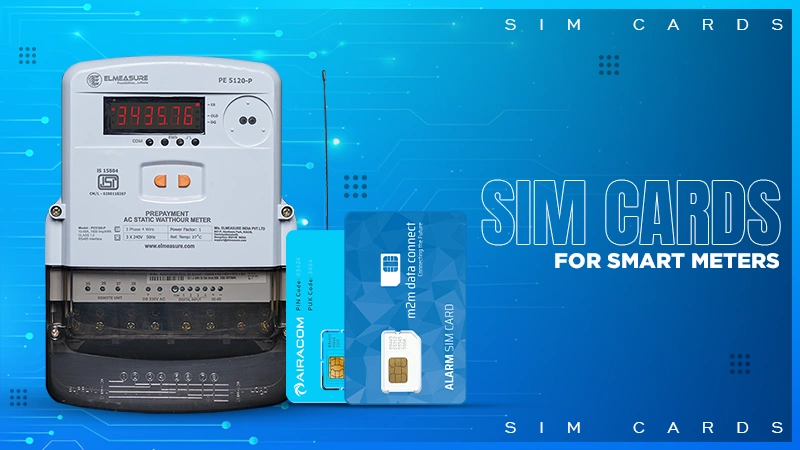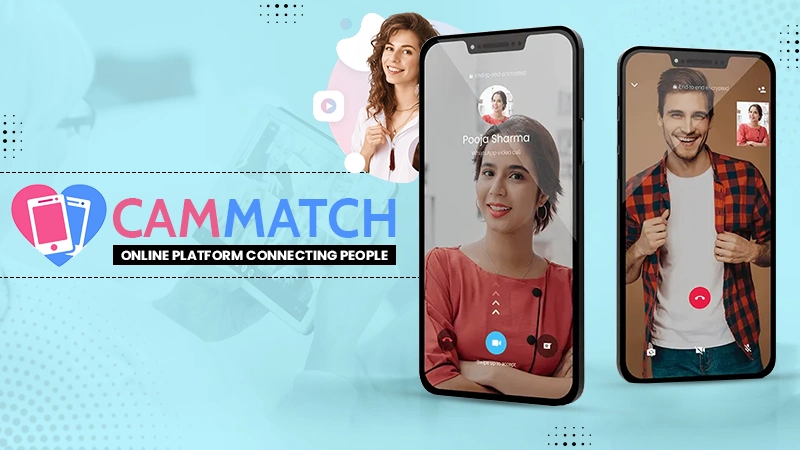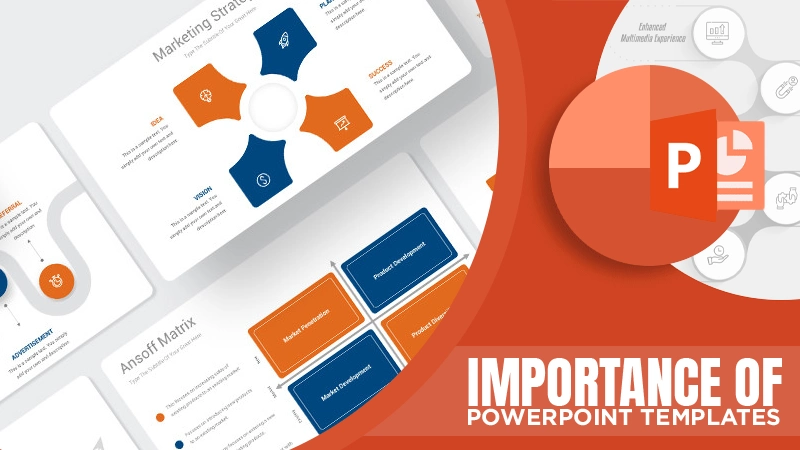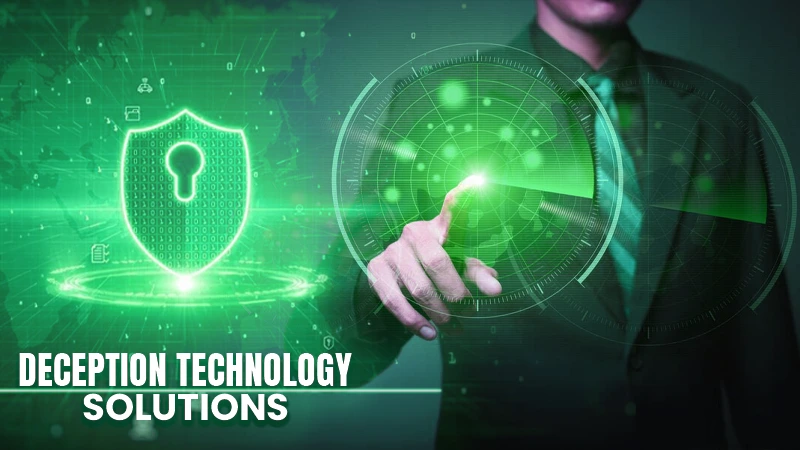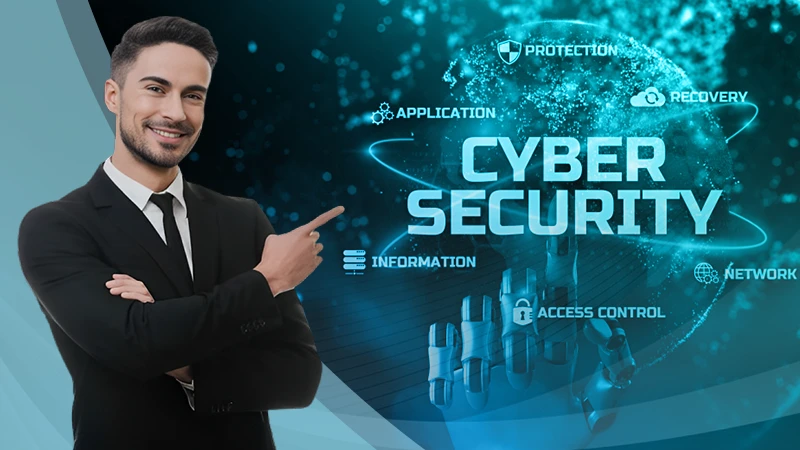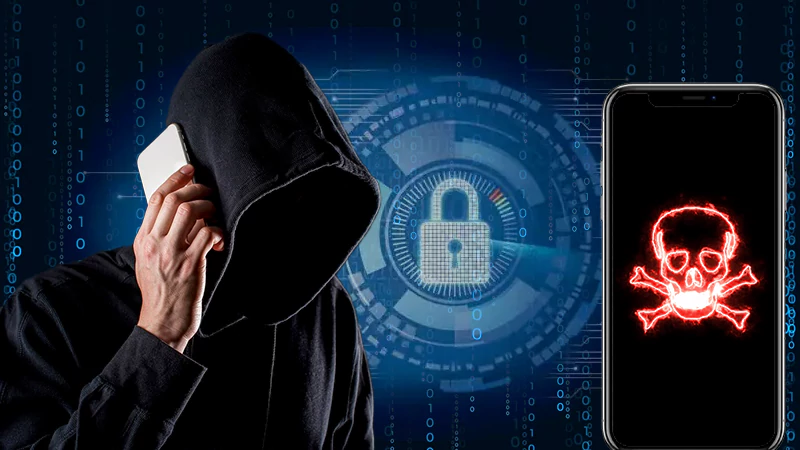A VPN is a service that redirects your internet traffic through a remote server. It is an important privacy feature that can protect your online activities and keep your identity private. A VPN may also be used to track your online activity and block access to certain websites. It is also used by businesses to conserve bandwidth.
Provides a Layer of Anonymity
VPNs provide a layer of anonymity for your online activity, preventing websites from tracking your IP address and browsing history. Without a VPN, your browsing history is accessible to your ISP and other services. Many popular apps have been criticized for exposing user information, so choosing a VPN service to protect your privacy is important.
However, VPNs are not perfect tools, so it is advisable to use them with other security measures. For example, you should consider using Tor, a free, open-source tool for anonymous browsing. Its use will prevent your personal information from being used by malicious actors. Moreover, VPNs can be useful for other security measures, such as firewalls and anti-malware programs.
While a VPN is a great way to protect your privacy online, some users may find the best proxy server in Germany more suitable for their needs. These services encrypt your web traffic and IP address, which can help you avoid identity theft. They also come with features that help you manage your passwords.
Routes Traffic Through a Remote Server
A VPN is a type of virtual private network that routes traffic through a remote server. It is used to hide your IP address from a third party. It works with multiple protocols and supports a wide range of network topologies. Depending on the VPN configuration, the traffic selector can specify either IPv4 or IPv6 addresses. ARI routes can also be mutually exclusive. ARI routes may conflict with routes created through routing protocols. As such, you should avoid configuring routing protocols on VPN-bound interfaces.
Many VPN providers offer multiple types of gateways, but the most common type is the local network gateway. This type of gateway is usually used by default. However, you can also customize your VPN settings by modifying their router settings. You will need a NAT policy if you want to use NAT to translate the many-to-one source IP addresses.
Another type of VPN port forwarding is dynamic port forwarding. This method enables you to connect to a trusted third-party device or server. This method may have some security risks, but it is a convenient way to bypass a firewall. Dynamic port forwarding is similar to a proxy, except it does not use pre-defined port numbers.
Doesn’t Encrypt or Decrypt Traffic
A VPN doesn’t encrypt or decipher traffic but protects your privacy. It uses symmetric encryption, which requires sharing the same encryption key between the VPN and the other party. This means that if an attacker gains access to the VPN’s key, they can decrypt all the encrypted data.
To use VPN, you must be connected to a network that uses encryption. Encryption, in its simplest form, encrypts data so that only the intended recipient can read it. It was common before computers when codes were just simple letter substitutions. To decipher the code, you must have the “key” or the map of 1 letter to another letter. VPN encryption uses the same concept, but it’s much stronger and more complex.
Symmetric encryption is faster than asymmetric encryption because it only requires one key to encrypt data. This makes it ideal for large amounts of data, such as databases. Because it requires fewer computers to process the data, it doesn’t slow down the internet.
Has a No-log Policy
When choosing a VPN service, it is important to check that it has a no-log policy. This means that the VPN service will not store any information on you, including your IP address. Some countries have laws that prevent the collection of such data. However, the best VPN services will operate out of countries that do not have such laws.
When choosing a VPN, knowing how the provider handles your data is also important. Using a VPN that does not keep any logs means that the VPN provider cannot share any information about your online activity with the government. Even if the police did find out your IP address, they would have to subpoena the provider and demand that they turn over that data. Therefore, no logs mean that you don’t have to worry about a police investigation.
A no-log VPN will guarantee total security and anonymity. It will not share or sell your information. This is the best way to ensure privacy. No-log VPN services have strict no-log policies and won’t log any of your activity. Furthermore, you should check if the provider invites external auditors to conduct audits. However, make sure to take these audits with a grain of salt.





